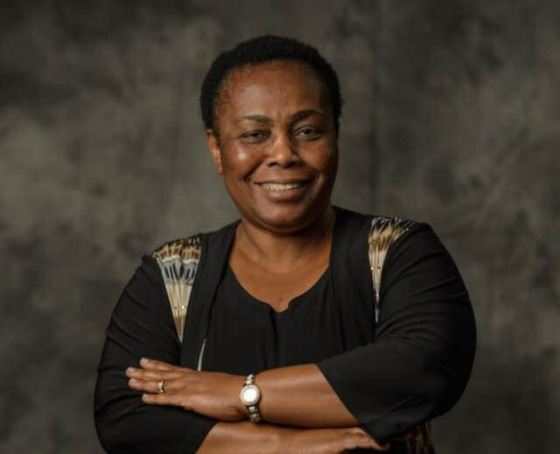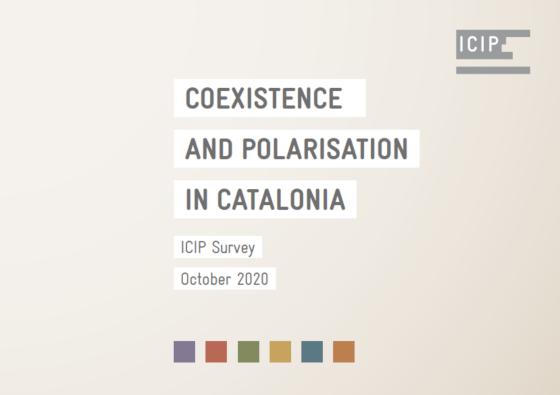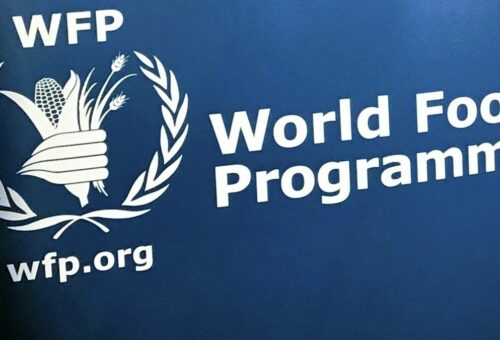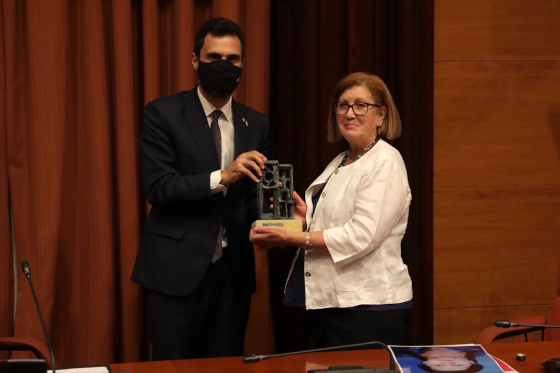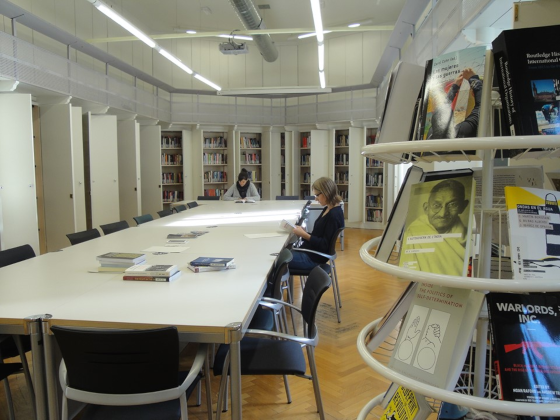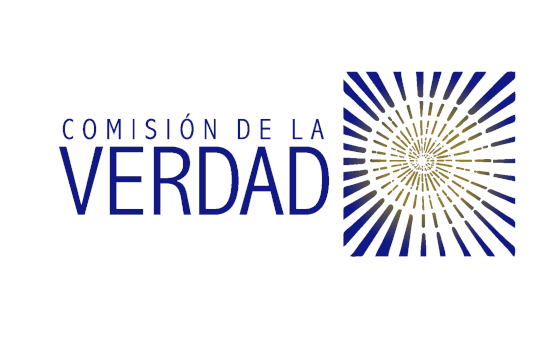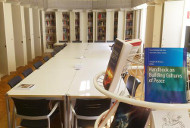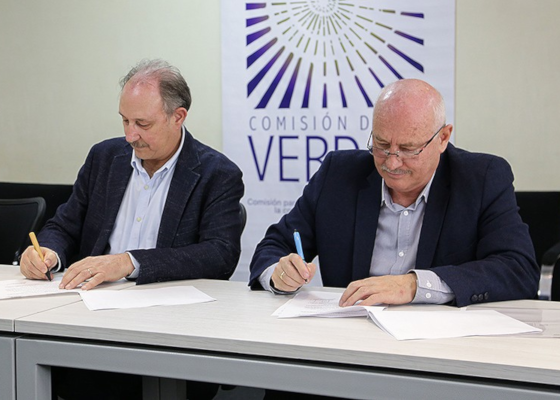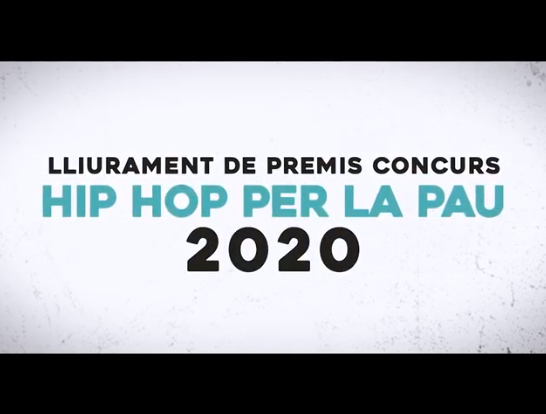The ICIP Board of Governors has decided to grant the ICIP Peace in Progress Award 2020 to the activist for human rights, peace and security in the Democratic Republic of Congo Julienne Lusenge, for her work on the “prevention and reduction of sexual and gender-based violence, and the strengthening women’s participation in peacebuilding” in the African country.
Lusenge is founder and currently president of the organization SOFEPADI (Female Solidarity for Integrated Peace and Development), which provides integral attention to victims of sexual and gender-based violence, and she is executive director of Fund for Congolese Women, which offers financial and technical support for the empowerment of Congolese women and girls to become agents of change within their families and their communities. She is also founder of hospital Karibuni Wa Mama, in Bunia, which provides holistic services to sexual violence survivors and their children, having served over 7,000 survivors to date.
Originally from eastern Congo – a region devastated by war started in 1998 and by atrocities committed by armed groups against local communities and, in particular, against women and girls- Lusenge has experienced this violence herself and has emerged as a voice to denounce injustices and support the victims. From the organizations where she works, Lusenge has pushed the Congolese government and the international community to act against sexual violence and to put women at the centre of peace and security processes and foster the political rights of women and girls. She has advocated for the adoption of Resolutions 1820 and 1325 on women rights at the UN Security Council and for the creation of the Special Relator to the Democratic Republic of Congo.
Due to her activism and leadership she has been repeatedly threatened by former members of armed groups and she has been forced to relocate several times.
ICIP Peace in Progress Award
The ICIP Peace in Progress Award consists of public recognition, a sculpture created by the Nobel Peace Prize winner, artist and activist, Adolfo Pérez Esquivel, called Porta del sol, and 6,000 euros.
In previous editions, the award was granted to the Mexican organization Cauce Ciudadano (2018), the activist Arcadi Oliveres (2017), Peace Brigades International (2016), the Capuchin friar Joan Botam (2015), WILPF (2014), the ex-general Jovan Divjak (2013), Madres de Soacha (2012), and the struggle of conscientious objectors and “insubmisos” (people who refuse to do military service or any substitute social work) represented by Pepe Beúnza (2011). The same year, 2011, in an extraordinary edition of the award, the Parliament of Catalonia was honored for representing the continuity and legacy of the institutions “Pau i Treva” and “Consolat de Mar.”

